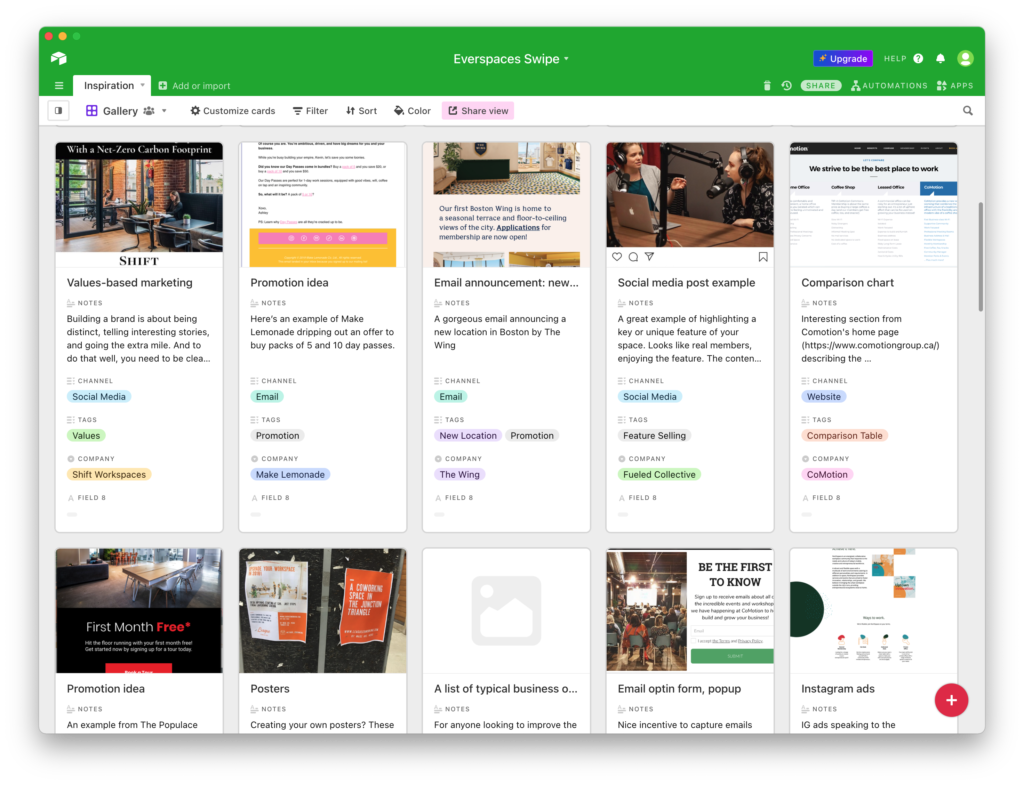Your best clients are often the people you do your best work for.
After all, you won’t think of them as your “best” for very long if your work isn’t top notch.
Plus, when you are good at what you do, you usually like it a lot more, too…. which makes you even better at your job while also increasing your general satisfaction.
It’s a great cycle to be in if you find it.
That’s why one of the best ways to find a niche is by “copying and pasting” your best clients.
What industry are they in? How big is the business? What personality traits do they have? Why do you work so well together?
Once you see it, you can’t unsee it. Find replicas of your best clients in all the factors that matter.
Combine a vertical with a personality trait, value system, or company size. Look at all the variables that make them a great fit for you.
That’s your bullseye.
Not only will you do better work, you’ll like it more, too.
